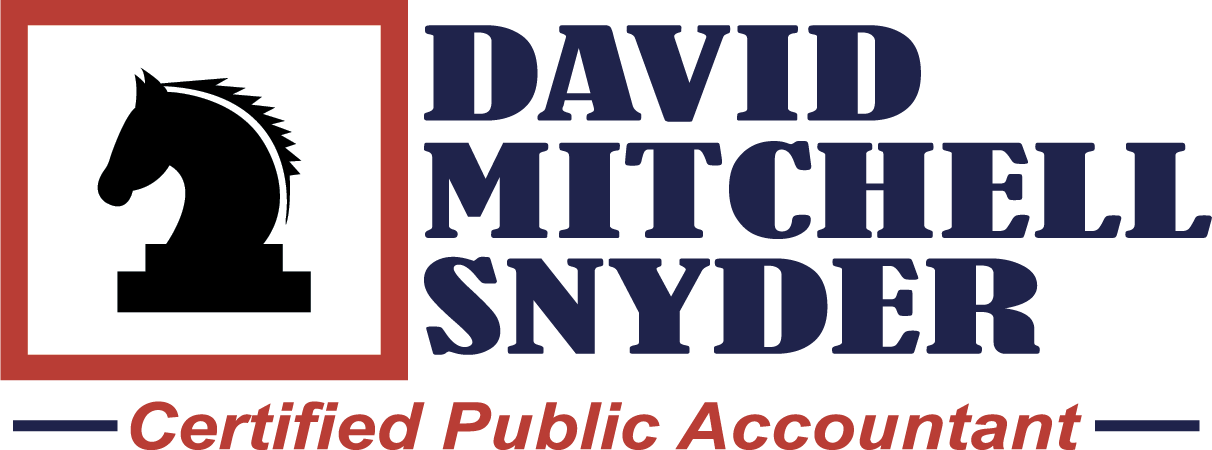LOSS DEDUCTIONS For Profit or a Hobby?

Deducting business losses on your tax return can get you a free IRS audit. If the activity is deemed to be a hobby and not a business it can also get you additional taxes, penalties, and interest. Income from a hobby is taxable but the expenses are not deductible. Not very fair, but who said the IRS is fair. So then, what constitutes a business rather than a hobby in the IRS’ eyes?
There are nine factors that the IRS uses to determine if an activity is operated for profit or is considered a hobby. A for profit determination allows you to deduct losses while a hobby determination prevents losses from being deductible.
The IRS has provided a “safe harbor” for taxpayers that show a profit for three out of five years. Theses taxpayers do not have to prove a profit motive.
There are nine factors that the IRS uses to determine whether an activity is a for profit business or a personal hobby. The nine factors, with suggestions to make your activity one for profit, are:
- How the taxpayer carries on the activity. I suggest that you prepare a business plan and budget. You should set up a separate checking account for the activity. Also, keep a set of books for the business.
- The taxpayer’s expertise. Get experience and education in the type of business your activity is in. Hire experts such as consultants, accountants, and lawyers to supplement your knowledge.
The taxpayer’s time and effort in carrying out the activity. Make sure you spend an adequate amount of time and effort to make the activity profitable. - An expectation that assets used in an activity may appreciate. Activities that have real estate are the easiest to convince an agent of appreciation potential.
- The taxpayer’s success in other activities. Taxpayer’s who have successfully operated profitable businesses in the past find it easier to prove to the IRS that they are running an activity that will eventually make a profit.
- The taxpayer’s history of income or losses from the activity. The more income the activity has generated in the past, the easier to prove an attempt to make a profitable business.
- The relative amounts of the profits and losses. The higher the profits are in relation to the losses and in relation to the taxpayer’s investment and the value of the assets, the easier to show a profit motive.
- The taxpayer’s financial status. Since higher income taxpayers benefit more from a loss deduction, they are under more scrutiny than others. Also, high income taxpayer may have little time to invest in the activity to make it profitable.
- Whether the activity provides recreation or involves “personal motives”. Activities that are recreational or provide personal pleasure are more suspect and need the other factors to support a loss deduction.
Please contact us if you have any questions regarding making your activity a for profit enterprise in the eyes of the IRS.
David Snyder, CPA
